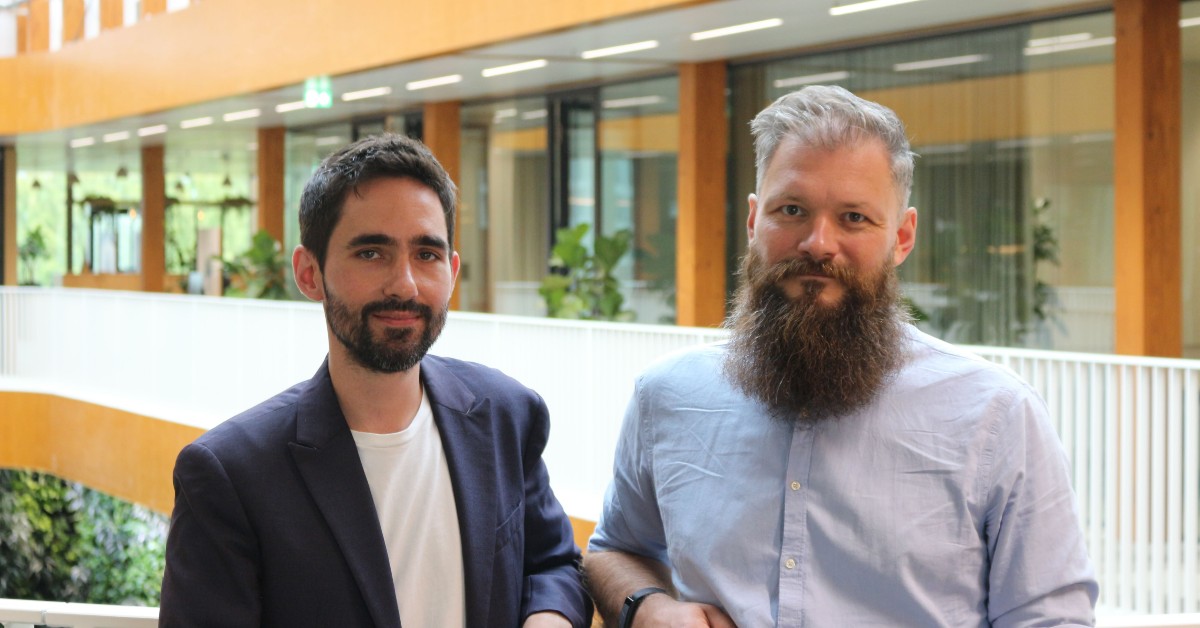Today, companies can no longer ignore diversity and inclusion issues. There are many reasons for this.
The benefits of a diversity and inclusion strategy are primarily economic. For example, according to a Deloitte survey (2017), companies with active policies in these areas are two times more likely to meet or exceed financial goals, six times more likely to be innovative, six times more likely to anticipate and respond effectively to change, and have 30% higher than average revenue generated per employee.
At the same time, diversity and inclusion in the workplace are issues to which employees, especially younger ones (generations Y and Z), are increasingly sensitive. For example, as the “Global Workforce Hopes and Fears” study (2022) shows, 54% of employees surveyed (from 44 countries and territories) believe that efforts to promote diversity and inclusion are essential. This is a fact that all recruiters should consider.
As the war for talent rages on in a number of industries (e.g., tech), a proactive diversity and inclusion policy is more necessary than ever to attract and retain talent while improving business performance.
Remote work plays a crucial role in helping disabled people
But how can such a policy be implemented in practice? To achieve this goal, the introduction of remote work can play a crucial role.
Let’s take the case of disabled people, who are always discriminated against in terms of work and are led to situations where their unemployment rate is much higher than the average. Today, there are 87 million disabled people aged between 16 and 64 in Europe. They represent 18% of the population. The activity rate of disabled people in Europe is lower than that of the general population. Only 51% of people with disabilities are employed, compared with 75% for the general population, while the unemployment rate among people of working age with disabilities is at least twice that of people without disabilities.
To correct those inequalities, remote jobs can provide an effective response. According to Anthony Hussenot, an organizational sciences professor at Université Côte d’Azur, and Mai-Anh Ngo, a research engineer specializing in disability law at CNRS-GREDEG (Université Côte d’Azur), telework offers individuals with disabilities the opportunity to work on a more equal footing. There is no longer a need for special adaptations or accommodations since everyone, regardless of their abilities, can communicate through videoconferencing or collaborate using online tools. This equalizing effect is further strengthened by eliminating the challenges associated with traveling to attend meetings.
Since the democratization of telecommuting in the wake of the Covid-19 crisis, the employability of people with disabilities has increased dramatically. For instance in the United States, data collected in the second quarter of 2022 showed that people with disabilities (in the 25-54 age group) were now 3.5 percentage points more likely to be hired than before the pandemic.
Meeting the needs of single-parents families
Another group struggling in the workplace is single-parent families. Forced to manage the domestic and family tasks alone, single parents – especially mothers who head 85% of single-parent families – sometimes choose to reduce their working hours or even give up work altogether. For them, teleworking can be the solution for a better integration in the working world.
For a year and half, Viktoriia has been working 100% remotely. It is a winning move for this young Ukrainian mother of a three-year-old daughter. She has chosen to get away from the war and devote as much time as possible to her child. “My daughter and I have been living in Europe for one year. I worked literally from anywhere, she says. Overall, more than 20 cities became my geography of work. For this, I only needed my laptop and a good internet connection. Flexibility allows me to be with my child, plan my leisure activities even during the day, and fulfill myself as an expert.”
By giving employers access to a much larger talent pool, remote work (especially when it comes to fully remote jobs) levels the playing field for all candidates regardless of their personal circumstances. In this sense, it presents itself as a vector of equality, a very effective tool to fight employment discrimination.










01
From telecom veteran to Dutch Startup Visa success: The Jignesh Dave story